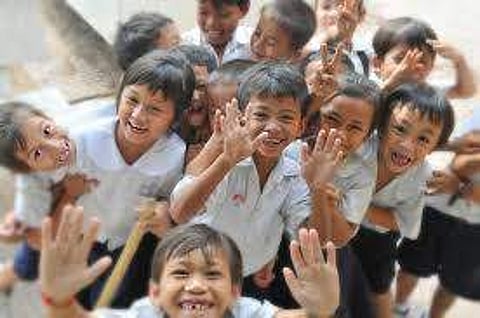

Children who take part in extra-curricular activities more and have a good friends' circle may cope better with the transition from primary to secondary school, a study has shown."The transition from primary to secondary school can be a challenging time for young people. Studies have shown an increase in mental health problems and a decline in well-being in the early secondary school years," said Helen Drew from the University of Sussex.
The results suggest that children with higher levels of social activity who undertake more activities, including informal activities with friends and more structured extra-curricular activities, demonstrated greater well-being.This may be because taking part in these activities helped improve their self-esteem and self-belief, the researchers said.
"Our findings show how everyday peer interactions and the quality of peer relationships at this time, particularly positive qualities in best friendships, are strong predictors of psychological adjustment, over and above the sense of support from adults in young adolescents," Drew added.
The study was presented at the annual conference of the British Psychological Society in Brighton. For the study, the team surveyed 484 children aged between ten and 13 -- in 6, 7 and 8th grades.The children were asked to complete surveys measuring their social activities, the support they received from friends and adults, psychological factors such as their self-esteem and self-efficacy, and their mental health and well-being.
